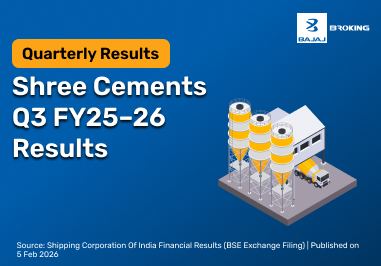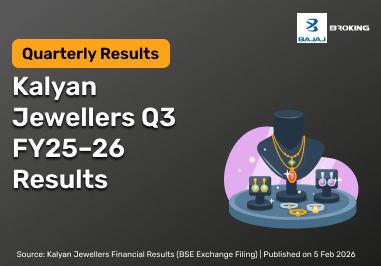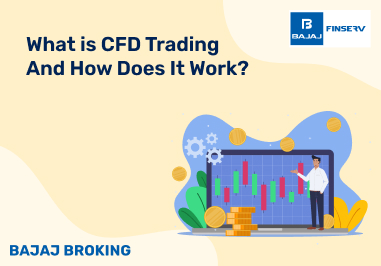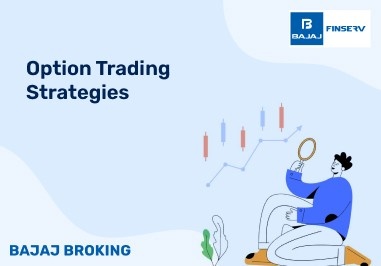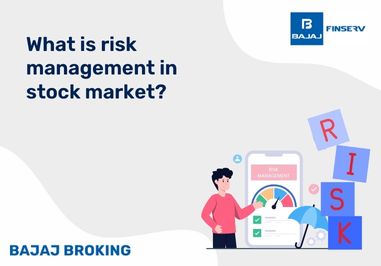Investment is the process of allocating money into different financial instruments or assets with the goal of generating income or achieving capital appreciation over time. It can take many forms, including stocks, bonds, mutual funds, real estate, and gold.
By investing wisely, individuals and organizations can grow their wealth, manage risks, and plan for long-term financial goals such as retirement, education, or business expansion.
Investment decisions require careful analysis of potential returns, risks, and market conditions. Overall, investment is a crucial component of financial planning and wealth creation, helping secure a financially stable future.
How Does Investment Work?
Understanding how investment works may seem complex at first, with factors like risk, returns, timelines, and goals to balance. At its core, investment revolves around a few key principles. Capital allocation means putting money into assets like stocks, bonds, real estate, or mutual funds with the expectation of returns.
Risk and return go hand in hand—higher rewards often involve greater risks. Time horizon matters, as investments need time to grow or recover. Diversification helps reduce risks by spreading money across different assets. Ultimately, investing is a learning process—improving with practice and informed decisions.
Additional Read: Difference Between Savings and Investments
Objectives of Investment
Why do we put money into things? To be honest, the answers are different, but the main idea is always the same: protect and expand what you make. If I had to sum it up, here it is:
Capital preservation means keeping money safe from inflation and losing value.
Wealth creation: Increasing your wealth by investing in things like stocks or real estate.
Passive income means making money on a regular basis through dividends, rent, or interest.
Tax optimisation: Using tools that lower your taxable income.
Buying a house, paying for your kids' school, or saving for retirement are all goals you may reach.
That's it. Those are the fundamental reasons we put money into investing, without all the rhetoric.
Types of Investments
This is where things get interesting: the investing buffet table. Each choice has its own taste, risk, and use. People generally talk about these:
Stocks (equities): buying a piece of a business. A lot of promise, however, prices go up and down a lot.
Bonds are loans to a business or government that pay you interest on a regular basis. More stable and safe.
Mutual Funds: Putting money together with other investors and having professionals manage it by spreading it out over stocks, bonds, and other things.
ETFs are like mutual funds, but you can buy and sell them on the stock market. Cost-effective and adaptable.
Real estate is property that can earn rent and go up in value over time.
PPF: A savings plan backed by the government that gives you regular returns, locks your money up for a long time, and has tax benefits.
NPS: A retirement plan that combines debt and equity and offers pension benefits.
ULIPs are a blend of investments and life insurance. Exposure to the market and safety for your family.
FDs are fixed-rate deposits with banks. Safe and dependable, but with smaller returns.
CDs: Deposits that banks hold for a set amount of time. Also safe and predictable.
You choose depending on what you want, not just what you want to eat but also what you want to do.
Types of Investments Based on Risk Profile
The truth is that not all investments are the same. Some are quiet and steady, while others are very moody. Putting them into groups based on risk makes things clearer:
FDs, PPFs, and government bonds are examples of low-risk investments. They protect your principal, but the returns aren't great.
Balanced mutual funds, corporate bonds, and REITs are all medium-risk investments. They can be a little unsteady at times, but they help you grow further.
Stocks, commodities, and cryptocurrency are high-risk investments. It can be unstable, but if you can handle it, the rewards might be more.
Simple rule? The trip gets crazier the more dangerous it is.
Investment Categories and Asset Choices
I sometimes see investments like people in a story. Some grow quietly, some give you pocket money, and some are fun because you never know what will happen. In general, they fall into:
Growth investments: Investments that focus on appreciation over time, including stocks and real estate.
Income investments: Bonds or dividend equities that pay you money on a regular basis.
Alternative investments: Commodities, hedge funds, and private equity that don't fit into the normal mix.
Popular Investment Plans in India
Families in India swear on these investment staples:
The Public Provident Fund (PPF): Supported by the government, it has tax benefits and is locked in for 15 years. Good for people who want to save for a long time.
National Pension System (NPS): A structured retirement plan that divides money between stocks and bonds. Gives you tax savings and a consistent income throughout retirement.
Mutual Funds: Managed by professionals and offer a range of options (equity, debt, hybrid). SIPs make them easy to get to.
Fixed deposits (FDs): Easy, safe, and predictable. Older people often obtain better rates.
Unit Linked Insurance Plans (ULIPs): A type of insurance that also lets you invest in the stock market. You can change it, but it costs money.
Bonds: Fixed-income instruments that come from the government or a business. It is reliable, however, the danger depends on the issuer.
Where Should You Invest Your Money?
I don't think there is one answer that works for everyone; it really depends on what you desire. But in general:
FDs and government bonds are good for keeping your money safe.
For making money: Bonds, dividend stocks, and rental real estate all bring in steady cash.
For building wealth: Stocks, mutual funds, and ETFs are all long-term growth generators.
For retirement planning: NPS and PPF are good options since they are tax-efficient, long-term, and stable.
How to Start Investing?
It can seem tougher to start than it is. Break it down into steps:
Define your goals: short-term vs long-term, amounts, and timelines.
Assess risk tolerance: conservative, moderate, or aggressive; be honest about losses.
Learn basics: stocks, bonds, mutual funds, ETFs, NPS — know how they work.
Choose a platform: bank, fund house, or broker; compare fees and usability.
Start small: begin with affordable amounts or SIPs; increase gradually.
Diversify: spread across asset classes to reduce concentration risk.
Review regularly: monitor performance and rebalance based on goals or markets.
Be patient and learn: experience improves decisions; avoid impulsive moves.
Benefits of Investment Plans
Investing isn't only about getting a good return. They have more than one use:
Help you build riches over time.
Give yourself a safety net in case of emergencies.
Stop inflation.
Give people ways to save on taxes.
Make sure you're ready for retirement.
Factors to Consider Before Investing
Stop and think before you put a rupee anywhere:
Short, medium, or long-term time frame?
Risk appetite means how much change you can handle.
Liquidity needs—will you need the money soon?
What taxes will you have to pay on your gains?
Market conditions—timing is more important than we think.
Risks Involved in Investments
There is no sugarcoating this: all investments come with risks. Markets go up and down. If rates go up, bonds lose value. Inflation eats away at savings. People who borrow money can default. You can't avoid risk completely, but spreading it out helps you deal with it. The key is to know what makes you feel safe and stick to it.
Investments as Per Life Stages
This is a personal thing—your investments change as your life does.
Small SIPs or ELSS funds are a good place to start, and term insurance is cheap.
Marriage: Health insurance is quite important, and a mix of debt and equity makes things stable.
Kids, house, and school: ULIPs or child plans for long-term security, along with other assets.
Retirement: The focus is on safety—NPS, SCSS, and pension programs that pay out monthly income.
At each level, you need to change your priorities.
Establishing Your Investment Objectives
Goals shape decisions. A basic structure:
Short-term goals: Vacations, gadgets, and emergency finances (liquid funds and FDs).
Medium-term goals: A car and higher education (via mutual funds and bonds).
Long-term goals: Retirement and creating wealth through stocks, NPS, and real estate.
Calculating Return on Investment (ROI)
ROI sounds complicated, but it's only a scorecard.
ROI (%) = [(Final Value – Initial Investment) / Initial Investment] × 100
You put ₹1,00,000 into a mutual fund, and today it's worth ₹1,20,000. The profit is ₹20,000, which means the ROI is 20%. That's all. Good for comparing choices next to each other.
Conclusion
Investing is not the same for everyone. It's more like trying things out and seeing what works, considering the risks, and making sure they fit with your goals. The important thing to remember is to spread your bets and keep learning, whether they be bonds, funds, or ETFs. That's what makes you feel safe over time.




